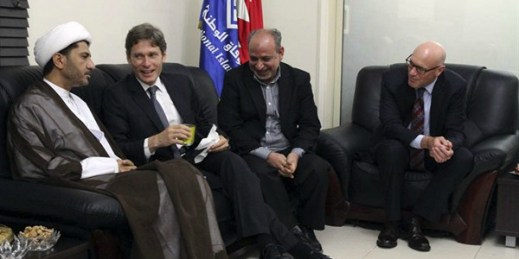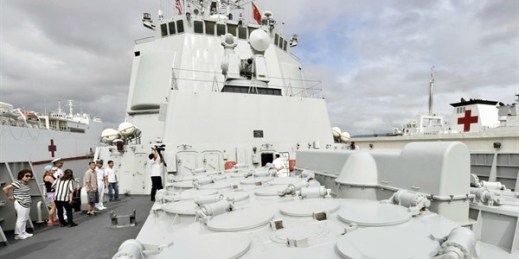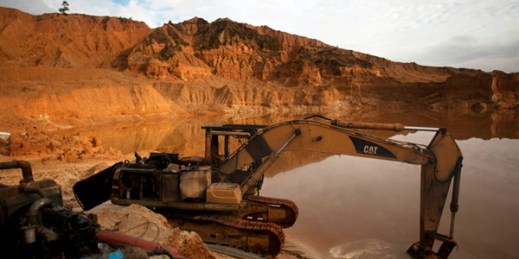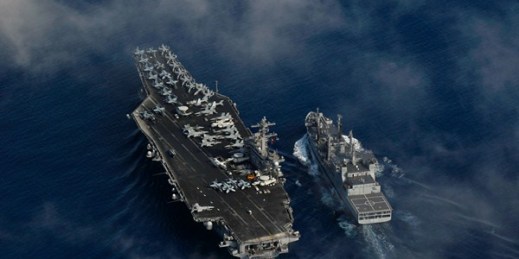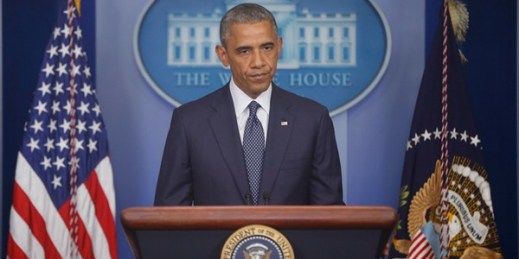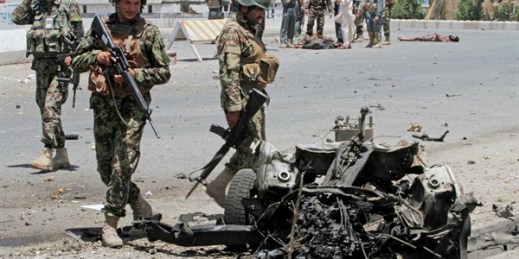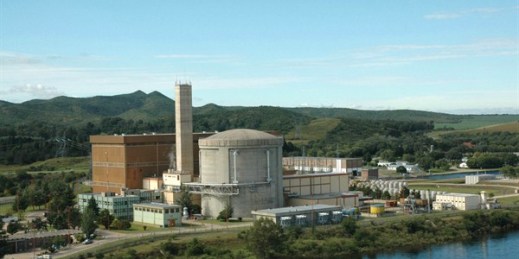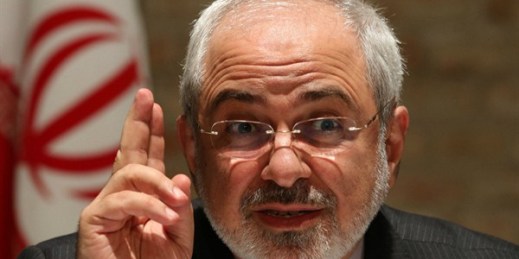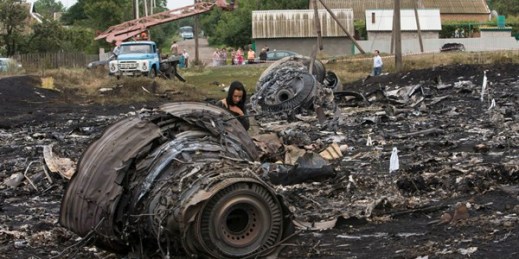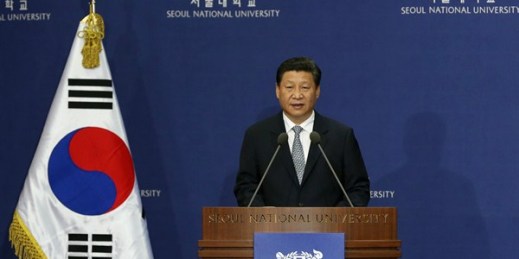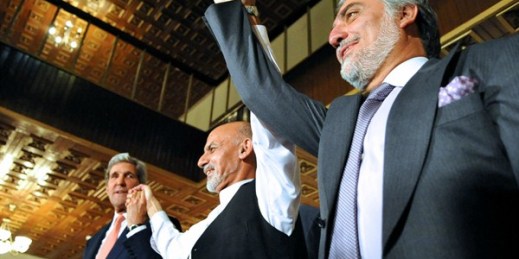
Recent reports that Sen. David Walsh may have committed plagiarism while a student at the U.S. Army War College brought unaccustomed attention to the military’s senior schools. Discussion of the issue showed that despite the long history of America’s war colleges, they are not widely understood. It also suggested that there is a need for wider debate on how the United States educates its senior military leaders, particularly given the deep changes underway in the armed forces. All of the services use war colleges or an equivalent fellowship as a gate to higher rank—full colonel in the Air Force, Marines […]


